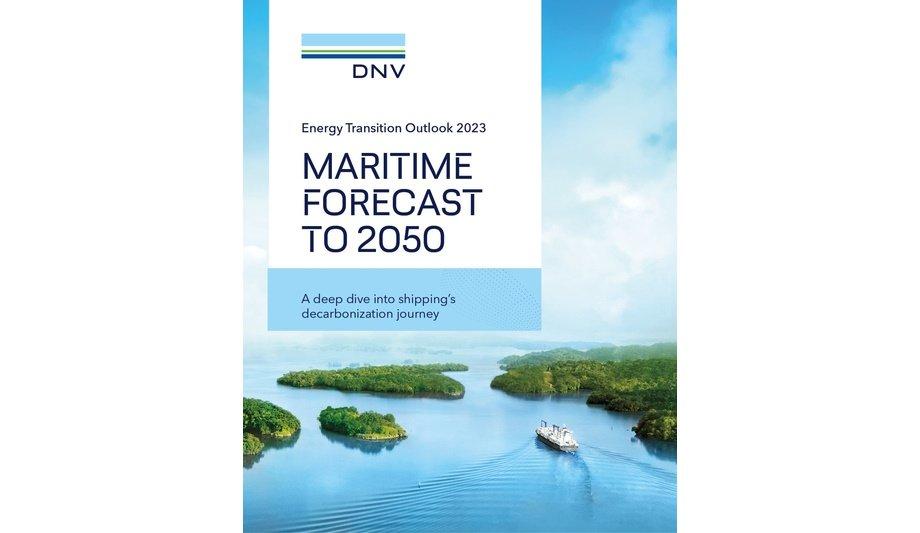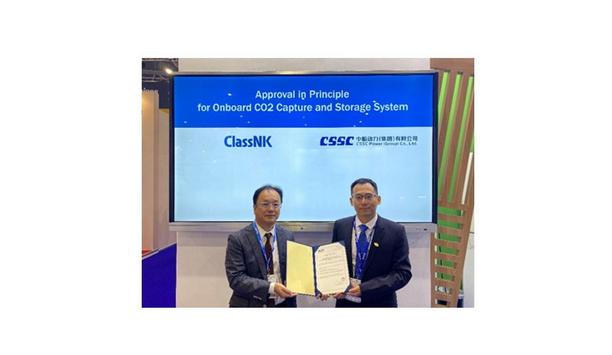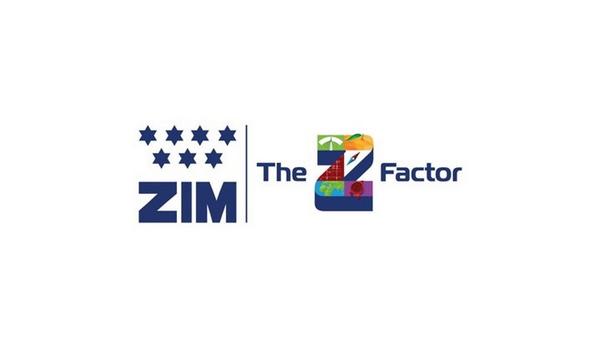Faced with tough competition for greener fuels from other sectors, new 2030 maritime emission targets hang in the balance. According to the latest edition of DNV‘s Maritime Forecast to 2050, the shipping industry will find it challenging to secure enough supply of carbon-neutral fuels.
The report emphasises the need to consider all alternative approaches to reducing emissions and to take action now to secure future success.
Carbon emission reductions
Maritime sector needs to access a staggering 30-40% of the projected worldwide fuel supply
Increasing regulatory pressure to decarbonise, including stricter targets set by the International Maritime Organization (IMO) this July, means the shipping industry now needs to achieve a 20% reduction in emissions by 2030 and net-zero emissions by or around 2050.
To meet the anticipated demand of 17 million tonnes of oil equivalent (Mtoe) annually by 2030, the maritime sector needs to access a staggering 30-40% of the projected worldwide carbon-neutral fuel supply. Shipowners must, therefore, focus beyond fuels, in particular on what can be done now to achieve energy efficiencies and carbon emission reductions.
Securing greener fuel supply is critical
Knut Ørbeck-Nilssen, CEO DNV Maritime, said: “The 2020s marks the decisive decade for shipping. Securing greener fuel supply is critical. However, focusing on fuels alone can distract us from making an impact this decade and ambitious future declarations are not good enough."
He adds, "What we need is tangible actions that will reduce emissions. Energy efficiency measures can deliver decarbonisation results now and towards 2030.”
IMO regulations
The Maritime Forecast to 2050 presents an updated look on a range of regulations and drivers for the decarbonisation of shipping, the most important being new IMO regulations, the inclusion of shipping in the European Union’s (EU) Emissions Trading Scheme and incoming well-to-wake requirements.
These regulations will increase the operational cost of using carbon fuels, incentivising shipowners to put plans in place to reduce their carbon output.
“Our latest report outlines several energy efficiency measures that can deliver decarbonisation results now. It emphasises the need for the maritime sector to adopt a holistic approach to ensure a strong evolution of regulations and technologies, as well as long-term security of fuel supply,” said Eirik Ovrum, Principal Consultant in DNV Maritime, and Lead Author of the Maritime Forecast.
Decarbonisation challenges
To overcome decarbonisation challenges, the sector can adopt operational energy efficiency measures
To overcome decarbonisation challenges, the sector can adopt operational energy efficiency measures, such as air lubrication systems and wind-assisted propulsion. The latter has already been installed on 28 large vessels, delivering fuel savings of between 5 and 9% to date. The potential when retrofitted on existing ships can reach 25%.
In addition, technologies such as onboard carbon capture and storage and nuclear propulsion can address the competition for sustainable biomass and renewable electricity. The report presents an economic analysis of both options through detailed case studies that can help stakeholders make informed decisions around these technologies.
Fuel technology transition
Other findings include that a fuel technology transition is already underway, with half the ordered tonnage capable of using liquefied natural gas (LNG), liquefied petroleum gas (LPG), or methanol in dual-fuel engines, compared to one-third of the tonnage on order last year. For ships in operation, 6.5% of tonnage can now operate on alternative fuels, compared to 5.5% last year.
The uptake of methanol and LPG is also starting to show in the statistics together with the first hydrogen-fuelled new builds. There are currently several ongoing demonstration projects for ammonia-fuelled ships, and a growing pipeline of ammonia-fuelled ships soon to hit the order book.












